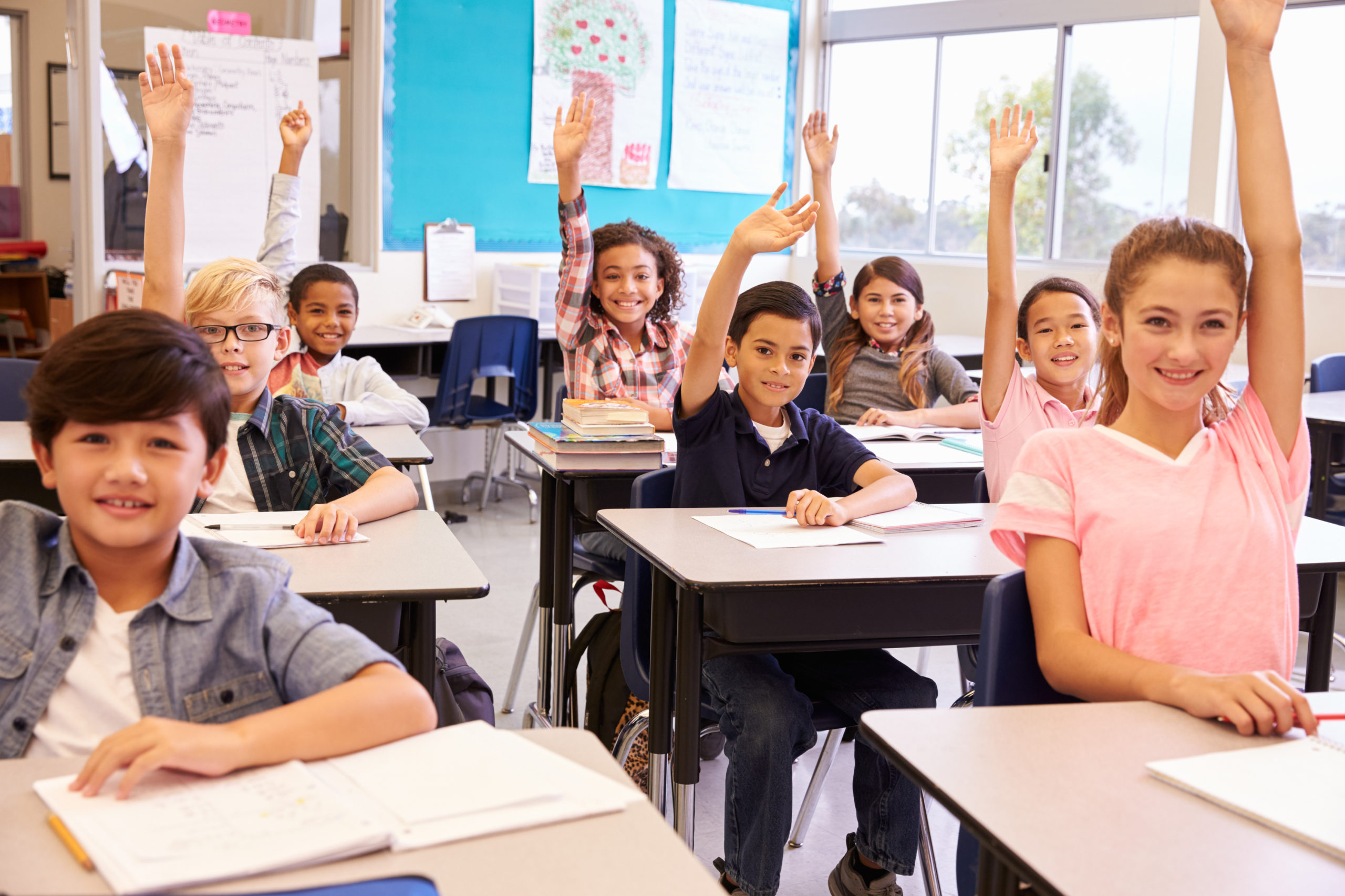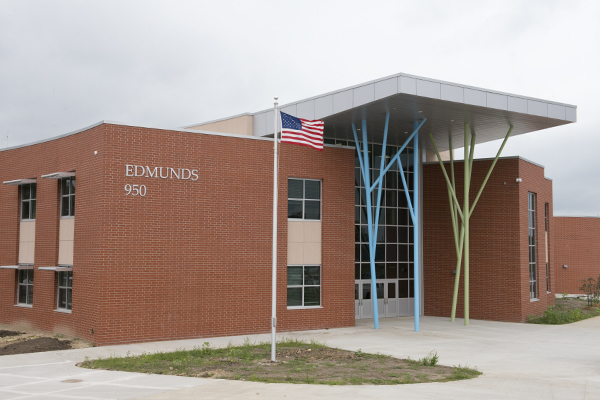The Function of Parents and Teachers in the Effort to Save Temecula Schools
The Function of Parents and Teachers in the Effort to Save Temecula Schools
Blog Article
The Effect of College Environments on Academic Success and Personal Well-Being
The style of educational spaces, consisting of all-natural lighting and ergonomic furniture, can boost pupils' focus and convenience. Exactly how can colleges strategically improve these elements to better sustain their students?
Physical Format and Design
How does the physical design and design of an institution effect scholastic success? The plan and aesthetic of a college atmosphere can considerably affect pupils' learning end results.
All-natural lighting and reliable air flow systems are crucial in boosting cognitive function and lowering absence. Studies have actually shown that classrooms with enough natural light enhance pupil concentration and minimize feelings of drowsiness. Additionally, ergonomic furniture tailored to pupils' demands can protect against physical pain, permitting for prolonged emphasis and involvement in scholastic tasks.
Accessibility to outside rooms and aesthetically pleasing environments likewise play an important duty - Save Temecula Schools. Eco-friendly rooms and well-maintained college grounds offer possibilities for workout and psychological leisure, both of which are very important for preserving high levels of scholastic performance. Fundamentally, a thoughtfully created physical setting can serve as a catalyst for scholastic excellence, cultivating an atmosphere that supports both mentor and learning
Classroom Ambience
An atmosphere that promotes a feeling of safety and security, inclusivity, and shared regard urges trainees to involve even more actively in their discovering processes. The setting of a classroom, including elements such as illumination, noise degrees, and seating plans, can substantially impact trainee focus and motivation.
In addition, the class environment need to support a society of cooperation and open communication. When pupils really feel comfortable expressing their concepts and asking concerns, they are much more most likely to engage deeply with the material and create important believing skills - Save Temecula Schools. Peer communications and group tasks can improve learning by providing diverse point of views and fostering teamwork
Moreover, establishing clear expectations and consistent regimens can develop an organized environment that enables trainees to concentrate on their research studies. By lessening unpredictability and offering a predictable framework, students can much better manage their time and duties. Eventually, a positive classroom ambience not just improves academic efficiency yet also adds to the overall health of students, preparing them for future instructional and individual ventures.
Teacher-Student Relationships
Building on the relevance of a favorable classroom ambience, the relationships between teachers and pupils play a pivotal role in shaping scholastic success. A healthy and balanced teacher-student relationship cultivates a finding out setting where students feel valued, recognized, and sustained, which substantially enhances their inspiration and involvement. When pupils regard their instructors as approachable and understanding, they are more most likely to get involved actively in class and seek help when needed, adding to a deeper understanding of the topic.

Efficient communication is essential to nurturing these partnerships. Educators who use open, considerate, and regular communication develop a foundation of count on. This trust allows pupils to share their ideas and worries openly, cultivating a collective discovering environment. In significance, strong teacher-student partnerships are a cornerstone of educational success, playing a vital role in both academic success and individual advancement.
Peer Communications
Peer communications significantly affect scholastic success by shaping a trainee's cognitive and social advancement. Positive peer communications can improve a student's inspiration and involvement in scholastic tasks through collaborative knowing and shared assistance.

Efficient peer communications additionally add to the development of necessary life abilities, such as dispute, collaboration, and interaction resolution. These social competencies are critical for both academic success and personal well-being, underscoring the relevance of fostering positive peer dynamics within the institution setting.
After-school Activities
Involving in extracurricular tasks plays a critical duty in a pupil's scholastic success and individual development. Study consistently suggests that pupils that get involved in extracurricular tasks tend to achieve greater scholastic performance.
Furthermore, extracurricular involvement fosters a sense of belonging and area, which is crucial for personal well-being. Participating in group activities enables students to construct and reinforce social networks, improving their psychological and social knowledge. These interactions are important for developing interpersonal abilities that try this out are advantageous in both future and scholastic expert settings.
Furthermore, after-school activities give a positive outlet for pupils to explore their passions and passions past the basic curriculum. This exploration can bring about the discovery of brand-new abilities and possible career courses, additionally encouraging pupils to involve even more deeply in their academic work. In verdict, the duty of extracurricular activities extends past plain recreation; they are essential to cultivating a holistic Website educational experience that advertises both scholastic success and personal growth.
Final Thought
Thoughtfully created physical formats and class, along with positive teacher-student relationships and constructive peer interactions, significantly boost pupil motivation and involvement. These aspects jointly highlight the value of creating and preserving optimal institution atmospheres for the benefit of pupils' academic and personal development.
Eventually, a favorable class ambience not just enhances academic efficiency however also contributes to the overall well-being of trainees, preparing them for future educational and individual ventures.

Report this page